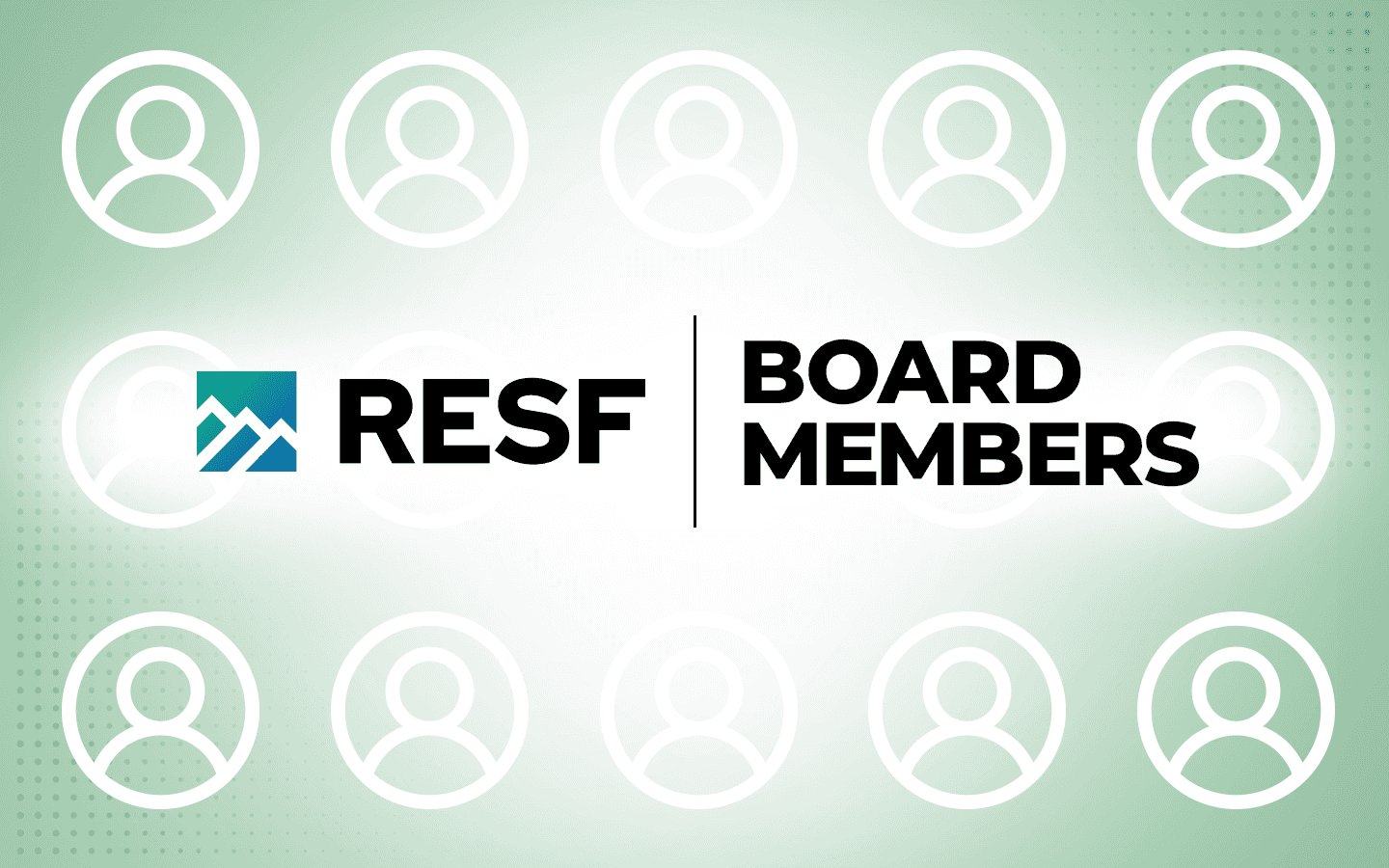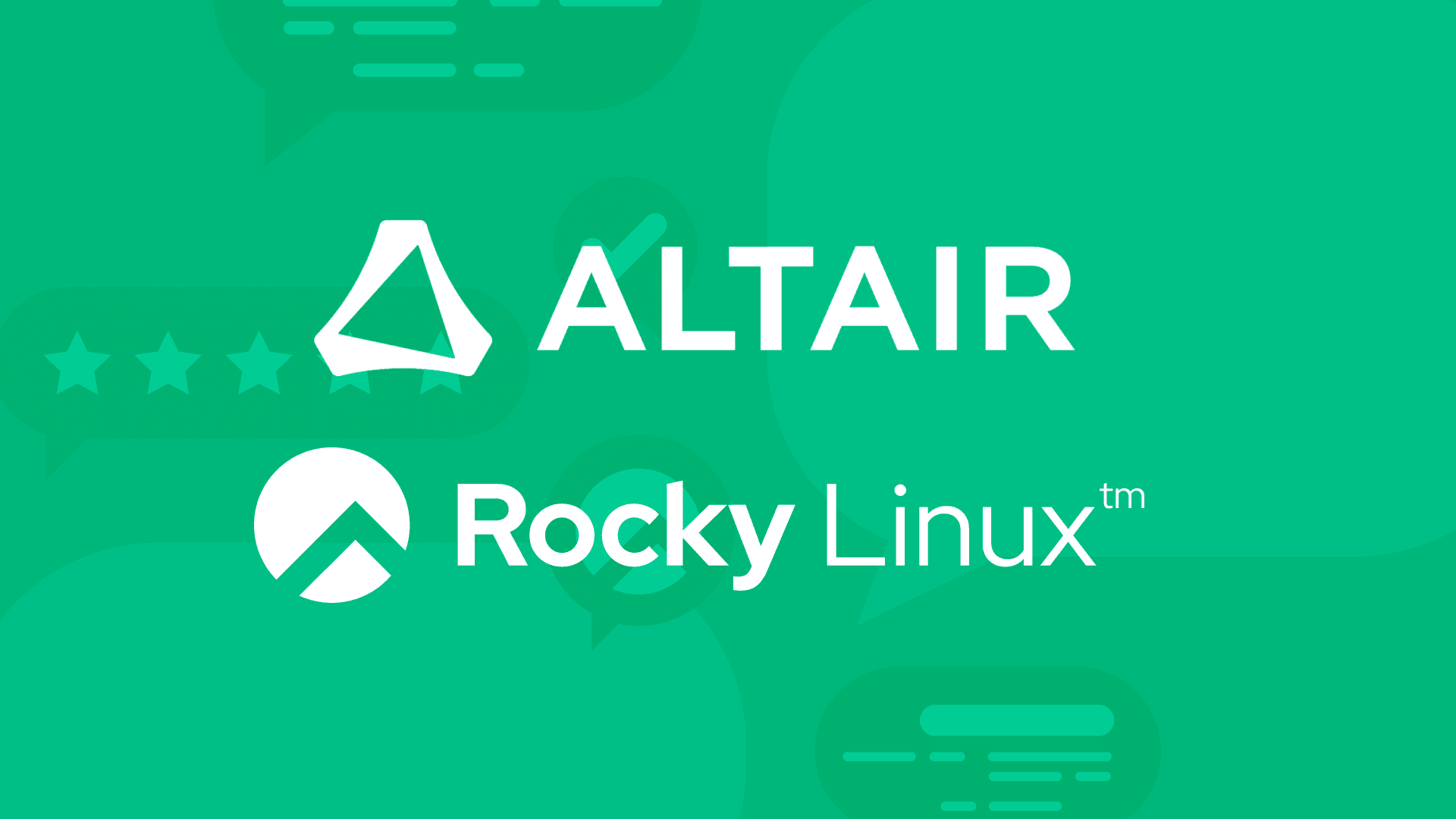4 min read
Rocky Enterprise Software Foundation (RESF) Elects First Board

Today is an exciting day for the open source enterprise software community! The Rocky Enterprise Software Foundation (RESF) has announced the initial board of directors members that are leading the effort to preserve the longevity, stewardship, and innovation of enterprise-grade open source software that is always freely available.
The RESF was created to organize open source communities made up of enterprise, research, academia, individuals, and other institutions who are actively collaborating on building and maintaining the open source tools that enterprises and other professional organizations need. The organization’s governing structure and rules for hosting open source projects are outlined in the RESF charter and bylaws, which ensure community control while specifically enabling enterprise use cases and the participation of vendors and other commercial entities.
It’s important to note that RESF board members are elected by peers based only on merit; no board seats are ever purchased or bought. To protect the community and projects from corporate and business agendas, no single company can represent more than one-third of any voting board.
Board members include:
-
Louis Abel is a system engineer who started his Linux journey in 2005. He has been in the Enterprise Linux world both personally and professionally for almost a decade and a half, jumping between automation, system hardening and security and identity management. Abel is a Rocky Linux co-founder, has been a part of almost all engineering initiatives across the project, and has been a co-lead of the release engineering team since the inception of the project.
-
Benjamin (Ben) Agner is one of the co-founders of Rocky Linux and was a co-author of the Rocky Enterprise Software Foundation charter and bylaws. He has over two decades of IT, security, engineering, governance, risk, and compliance experience, ranging from hyper-growth startups to large enterprises, and has spent the majority of the last decade securely implementing and managing open source software in the enterprise. Agner currently works at Unum, a Fortune 250 insurance company, as its deputy chief information security officer.
-
Chris DiBona is an independent engineering leader located in the United States. He has been an advisor to the Royal United Services Institute, the world's oldest defense and security think tank, since 2016. He was the director of engineering for open source at Google from 2004 through 2023, where he launched a variety of platforms and projects, including Android, Go, Chromium, and Kubernetes. In 2015, DiBona was a member of the U.S. Commerce Department's Data Advisory Council, and he spun up the All for Good jobs site for the Obama administration. DiBona has written two books on open source, presented to broad audiences worldwide, and is a limited partner with Rally Ventures and Mercury funds. He earned a master’s degree in software engineering from Carnegie Mellon University.
-
Greg Kroah-Hartman is a well-known Linux kernel maintainer at the Linux Foundation and is in charge of the stable kernel releases. He maintains various driver-related subsystems in the kernel, has been involved in the kernel developer community since 1999, and has been a member of the Linux kernel security team since it was founded. He was also responsible for udev, which is now part of the systemd project, and maintains other various low-level userspace tools for Linux. Kroah-Hartman is very happy to be helping the community of enterprise users by ensuring that Rocky Linux has a stable and secure kernel as a basis for all users to rely on.
-
Gregory M. Kurtzer is a 20-plus-year veteran in Linux, open source, and high performance computing. He is well known in the HPC space for designing scalable, secure, and easy-to-manage architectures for innovative performance-intensive computing while working for the U.S. Department of Energy with a joint appointment to UC Berkeley. Kurtzer has created multiple successful companies and is presently the CEO and founder of CIQ. In open source, he has founded, co-founded and led several large projects such as CentOS Linux, the Warewulf and Perceus cluster toolkits, the container system Singularity (now renamed to Apptainer) and, most recently, Rocky Linux.
-
Mark Watson has more than 40 years of hands-on experience supporting research economists, researchers and engineers. Watson retired in January 2022 from the Federal Reserve Bank of Kansas City, where he served as vice president and director of the Center for the Advancement of Data and Research in Economics (CADRE). Watson led the establishment of CADRE, a cyberinfrastructure that supports the computational computing and data needs for 650-plus economists and researchers in and outside the Federal Reserve System. He also spearheaded the Federal Reserve Bank of Kansas City's efforts to develop expertise in high performance computing, parallel data warehousing technologies, and big data initiatives. Prior to joining the Federal Reserve Bank of Kansas City, Watson spent 15 years working in the Department of Energy's nuclear weapons complex as a technical programmer and administrator of databases and Unix environments and precision measurement. Watson has been an open source enthusiast since he was first introduced to it in 1995.
The focus of this board is to ensure that the community-focused vision and mission of the RESF is always followed. The initial priorities for the board are to ensure that the organization’s project structure is completed and that directors are named, to ensure community alignment and representation, and to help the RESF and its projects with growth, structure, alignment, sponsors, partnerships, and other support.
We look forward to seeing the great work that comes out of the RESF board of directors! The board election marks rapid progress in the RESF’s advancement of Rocky Linux and other open source projects. RESF board member Benjamin Agner put it best: “I believe that open source software is a key enabler and competitive differentiator for many enterprise companies, and the community-supported and transparent nature of open source software is key to building and maintaining secure enterprise systems.”
Built for Scale. Chosen by the World’s Best.
1.4M+
Rocky Linux instances
Being used world wide
90%
Of fortune 100 companies
Use CIQ supported technologies
250k
Avg. monthly downloads
Rocky Linux



